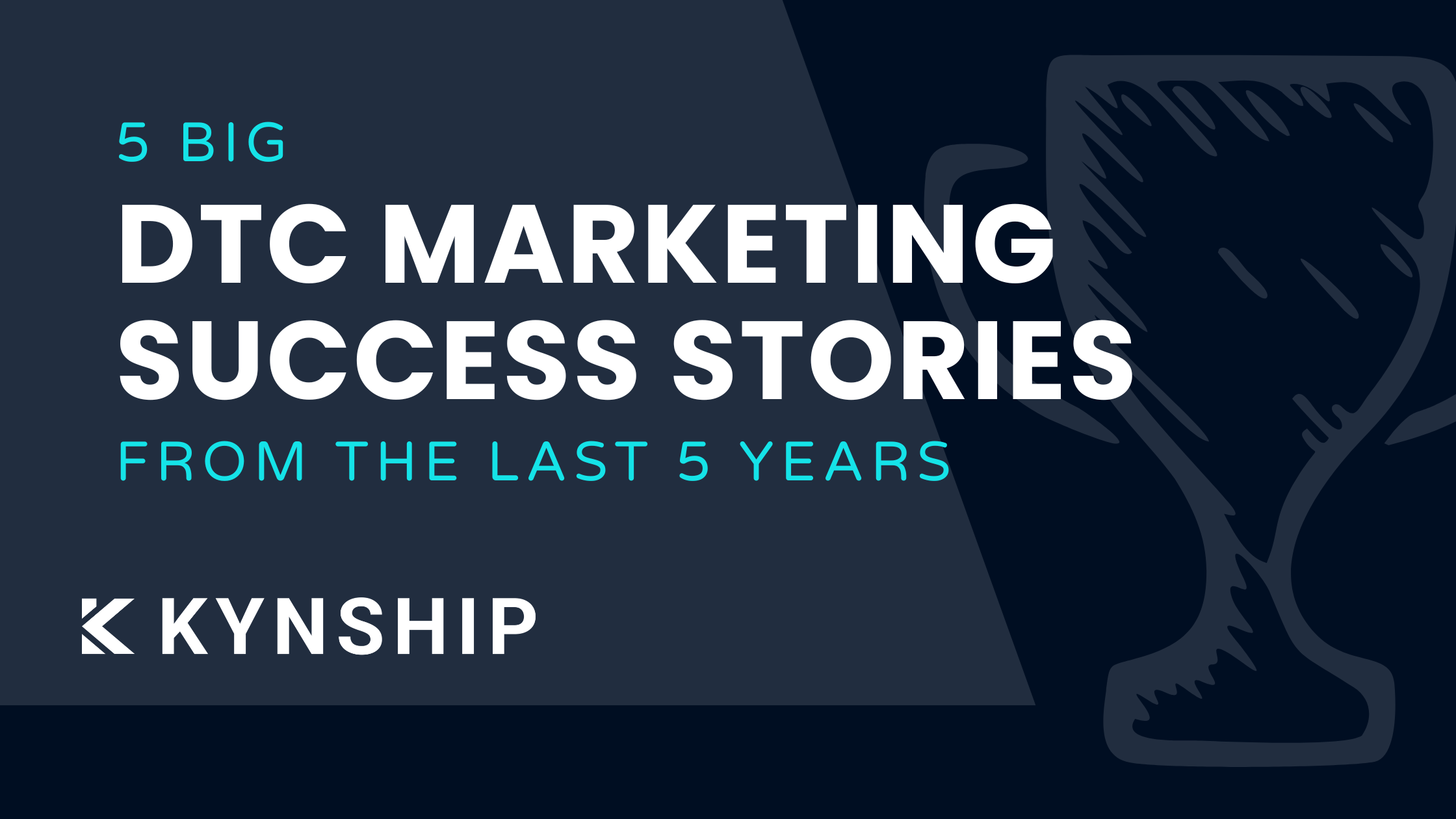Epic marketing culture fails

Marketing is subjective. Creating effective ads that resonate with people in your own community, state, or country is a far more achievable task than creating campaigns for individuals on the other side of the world.
An array of cultural obstacles are scattered across the path towards global brand success. As you can imagine, catering for a multicultural global market has created some spectacular marketing blunders over the years, even for the largest and most accomplished multinational organizations.
Most of these examples are sure to give you a chuckle, I did highlight one that was downright tone deaf. Cultural competency is important in any venture, but inadvertently offending your new customer base is a faux pas that can, and should be avoided at all costs.
The translation fail

Surprisingly, or perhaps not, the most common cross-cultural marketing blunder is of the translation variety. The textbook example that still gets giggles from marketing-heads to this day is courtesy of Coca Cola. Being one of the first truly multinational corporations, they were also inevitably trailblazers in the marketing-blunder movement.
When Coca-Cola entered the Chinese market in 1927, they sought a spelling for the brand whose characters sounded phonetically similar to “Coca Cola’’. The characters chosen however, ended up reading “Bite the Wax Tadpole” in Mandarin. Learning of the blunder, the soda-giants managed to quickly choose a new set of characters, which read as “Happiness in the Mouth”- a much more fitting depiction of the popular drink that will still raise a snickering or two from the less mature among us.

Rivals Pepsi followed in a similar vein. They launched their brand into the Chinese market wielding the slogan, "Pepsi brings you back to life." A clumsy, literal translation led to the phrase being translated to “Pepsi brings your ancestors back from the grave.” A bold claim indeed for a beverage company.
The "sounds like" fail
Close relative of the translation blunder, the ‘sounds like blunder’ is when a company’s brand name or product name doesn’t quite work with the local tongue. Mercedes Benz had similar problems to Coca Cola penetrating the Chinese market under the brand name "Bensi," which in China sounds like the phrase "rush to die"- not the type of vehicle most would opt for.
Following the US success of their curling iron the "Mist Stick", Clairol decided to launch the product on the European scene, in Germany. In German, unfortunately for Clairol, the word "mist" is slang for manure- mustering a very unappealing image in the minds of German consumers. ‘Irish Mist’ honey Liqueur, and Rolls Royce ‘Silver Mist’ model also had problems in the German market…
The celebrity endorsement fail

Few in the advertising industry would refute the fact that celebrity endorsements are a great way to boost brand awareness. Who you choose however might close down as many markets as it opens. FIAT released an advert in Italy in which a man drives a Lancia Delta from Hollywood to Tibet. The actor- Richard Gere, hated in China for being an outspoken supporter of the Dalai Lama. The Chinese internet forums circulated the ad and voiced their anger, with many rallying behind the call never to buy a FIAT. Bang goes the largest Asian market for the Italian car manufacturers.
The appropriateness fail

Procter & Gamble are another global giant who’ve witnessed the perils of complacency when taking an idea from one continent to another. They aired an advert that had seen success in the European market in Japan, which depicted a woman taking a bath, her husband casually entering the bathroom and giving her a massage. For the Japanese, the marital themes depicted in this ad were seen as an invasion of privacy, inappropriate behavior, and in very poor taste. An innocent, but clearly avoidable error to make from the consumer goods corporation had they done 10 minutes of research.
The label fail

Purveyors of baby food and products Gerber made a rather unnerving cultural slip up when entering the African market. Gerbers logo featuring a cute baby is well known in the US markets, and was seen as the perfect image to front the products being released in this new frontier. Unbeknown to them however, in certain African countries, products often had the picture of what’s inside ON the label. We can only imagine the look of horror on the faces of the shoppers who saw the cute Gerber baby smiling back at them on the packaging.
The Twitter fail
I wish that I could spin this tweet from Burger King into something funny, but it’s not going to happen. This is honestly the most tone deaf tweet to ever scroll across a phone screen and should serve as a gentle reminder to not be a garbage human on or off social media.
Burger King’s branch in the United Kingdom meant to promote something beneficial to women but instead received backlash for a tone-deaf tweet instead. The brand posted a series of tweets in a thread to make an announcement of a new culinary scholarship they’re launching to help female Burger King employees in honor of International Women’s Day. However, the first tweet in the thread was: “Women belong in the kitchen.”
The idea that misogyny in any form can be tolerated from a Fortune 500 company, or anyone for that matter is mind blowing. Yes, Burger King did backtrack on the initial tweet to connect it with their scholarship for women, but it left readers understandably furious.

These are just a few of the countless comedic (and not so comedic) reminders of the value of researching your markets when executing cross-cultural marketing campaigns. Working with translators, communications experts, and local marketing teams can help businesses ensure they don’t fall into the cultural pitfalls that have caused more than their fair share of embarrassed businesses.
Even if you employ all of the translators or sociologists at your disposal, common sense will always be your best friend. Stop and think about how many different cultures you come into contact with at work.

Our world's diversity is what makes marketing so fascinating. When you take time to understand this diversity, you show respect for other people's cultures. Remember, your audience is more than a collection of stereotypes and anecdotal evidence — you need to understand how they speak and what they care about to reach them on a personal level. If you do, they won’t just remember your ad; they’ll reward your brand with lifelong loyalty.

These examples are important to all of us at Kynship. We don’t believe in pretending we are something we aren’t. The strongest asset of influencer marketing is the fact that cultural competency is built in. Stop pretending to know the Hyderabad market if you're not from Hyderabad! Enlist the help of those in that market who will actually speak to your market from a position of trust. If you think about it, anything short of that is just a form of pseudo-colonization.
Influencer marketing not only elevates brands, it elevates people! Reach out to us and see what we can do for you!


5 DTC Marketing Success Stories From The Last 5 Years
Five real DTC marketing success stories from the last five years, breaking down how brands scaled despite rising CAC, creative fatigue, and tougher competition, plus key lessons you can apply today.

The New Ecommerce Growth Playbook For 2026
These are the ecommerce growth marketing strategies we are using right now to successfully scale DTC brands from $2M to $50M.
Bi-weekly tips to reduce your CAC
Join thousands of DTC operators and subscribe to Cut the CAC for insights from the Bottom Line Podcast and Kynship's growth strategies.


.avif)
.avif)
.avif)



